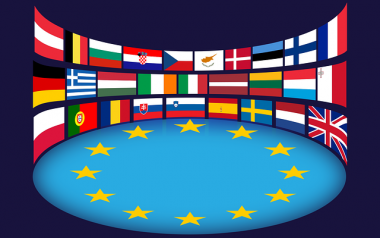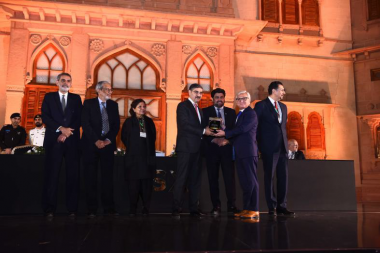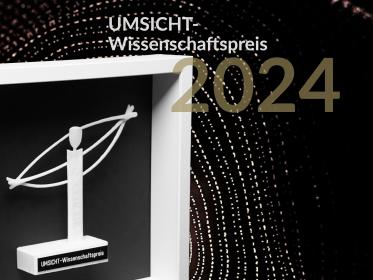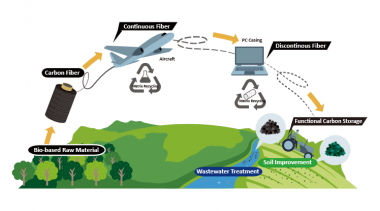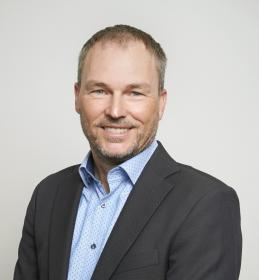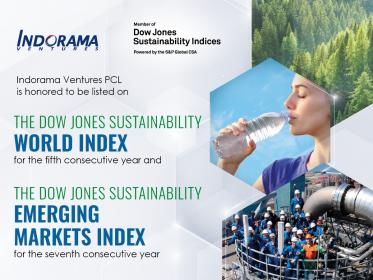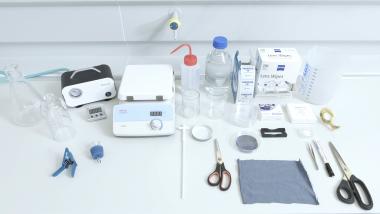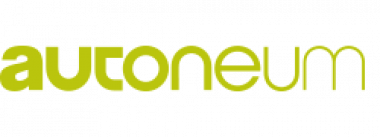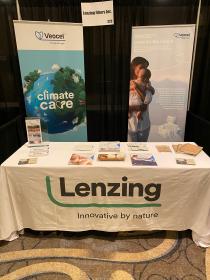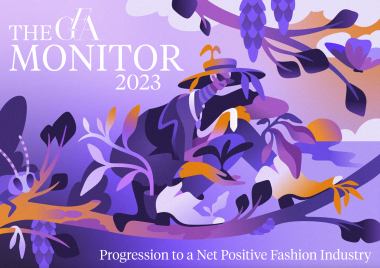bvse fordert CO2-Bepreisung für Neukunststoffe
Die Kunststoffrecyclingunternehmen kämpfen mit existenzbedrohenden Herausforderungen, so bvse-Vizepräsident Dr. Herbert Snell auf der 6. Konferenz Verpackungsrecycling, einer Veranstaltung von AGVU, BDE und bvse, am 5. Dezember in Berlin.
In einer Umfrage unter den im bvse organisierten Kunststoffrecyclingunternehmen gaben 30 % an, dass sie ihre wirtschaftliche Situation als mangelhaft oder ungenügend einschätzen. 25 % der Unternehmen erwarten keine Verbesserung ihrer Situation im neuen Jahr.
Die hohen Energiekosten treffen die Recyclingbranche stark. In den letzten beiden Jahren mussten die Unternehmen eine 60%ige Energiekostensteigerung verkraften. Die Rezession und die damit verbundene Konsumzurückhaltung in Deutschland trifft die Branche ebenso.
Die Kunststoffrecyclingunternehmen bewegen sich in einem Markt mit fixen bzw. steigenden Kosten auf der Beschaffungsseite: Sammlung, Sortierung und massiv steigenden Prozesskosten.
"Auf der Absatzseite kämpfen wir mit dem Problem, dass die Absatzpreise für Recyclate massiv eingebrochen sind. Zum Beispiel PP Copolymer, schwarz, laut Kunststoff Information von Juni/Juli letzten Jahres um 36 % bis letzten Monat oder klare PET Flakes von August 22 um 42 % zum November 23", führte Snell in Berlin aus.
Die Neuwarepreise richten sich nach Angebot und Nachfrage der kunststoffverarbeitenden Industrie sowie nach Kosten für Energie und Rohstoffe. Fehlende Nachfrage, wie zurzeit weltweit, führt zu einem Verfall der Neuwarepreise.
Momentan tobe ein brutaler Preiskampf zwischen Neuware und Kunststoffrecyclaten. Der Absatz von Mahlgütern, Regranulaten und Compounds stocke. Die Kunststoffrecycler laufen im Input mit Verarbeitungsware voll und finden für ihre Produkte im Warenausgang keine Abnehmer.
Auf die Frage, wann rechnen die Kunststoffrecycler damit, dass sich der Recyclat-Absatz wieder bessert, haben 37 % geantwortet, dass sie im nächsten Jahr keine Besserung erwarten. "Das zeigt: Die Branche steht mit dem Rücken zur Wand. Der dauerhafte wirtschaftliche Betrieb der Recyclinganlagen ist kaum noch möglich. Wir sehen eine bedrohliche Situation, die das gesamte Recycling gefährdet", warnte der bvse-Vizepräsident.
Entscheidend für die prekäre Situation ist laut Herbert Snell ein strukturelles Problem, das angepackt werden müsse. Die Jahre 2021 und 2022 hätten gezeigt, dass es nicht an der Qualität oder Verfügbarkeit von Recyclaten liegen kann, denn in diesen Jahren konnten die Kunststoffverarbeiter alles gebrauchen und einsetzen. Die jahrelangen Beschwerden über die Qualität verstummten.
Das strukturelle Problem liegt offensichtlich darin, das Recyclate nicht eingesetzt werden, wenn Neuware preisgünstiger ist.
Allein im zweiten Quartal dieses Jahres ist die Menge der in die EU eingeführten PETs gegenüber dem Vorjahr um 20 % gestiegen, weil PET-Neuware aus dem Ausland billiger ist. Weil der klimaschädliche CO2-Rucksack, der bei der Produktion von Kunststoffneuware entsteht, bei der Preisbildung völlig außen vor bleibt – erst recht bei der importierten Neuware.
Der CO2-Rucksack von Recyclaten ist im Verhältnis zur Neuware um 1,5 bis 3,2 t leichter pro Tonne Kunststoff. Vereinfacht gesagt, für die Herstellung von Recyclaten wird nur die Hälfte an Energie genutzt wie für Neuware. Würde diese positive Klimabilanz eingerechnet werden, könnte eine Parität zwischen Recyclaten und aus fossilen Rohstoffen gewonnenen Kunststoffen hergestellt werden. "Wir sind uns deshalb mit vielen Akteuren einig, dass eine angemessene CO2-Bepreisung als wirksames marktwirtschaftliches Instrument das dringend benötigte Level-Playing Field schaffen kann", erklärte der bvse-Vizepräsident.
Wenn mehr Recyclate und weniger Kunststoffneuware eingesetzt würden, reduzierten sich die CO2-Emissionen. Wer darauf aus Kostengründen verzichte, dürfe nicht belohnt, sondern müsse mit einem deutlichen Preisaufschlag sanktioniert werden.
Der Gesetzgeber, ob in Berlin oder in Brüssel, sei aufgefordert, das Ziel einer echten Kreislaufwirtschaft für Kunststoffe beizubehalten, ohne die Wettbewerbsfähigkeit und Widerstandsfähigkeit der Märkte zu gefährden.
Es müssen, so der Verband, die notwendigen Anreize gesetzt werden, die auf die gesamte Wertschöpfungskette abzielen, um Investitionen in Recyclingkapazitäten und technologische Entwicklungen voranzutreiben. Zu diesem Zweck müssen die Stärkung der Recycling- und Recyclateinsatzziele, die Förderung von Design-for-Recycling und die Bewältigung verbleibender Herausforderungen in der Abfallwirtschaft, z. B. die Qualität der dem Recycling zur Verfügung gestellten Rohstoffe, wie z. B. aus den dualen Systemen, ganz oben auf der politischen Agenda stehen.
bvse-Bundesverband Sekundärrohstoffe und Entsorgung








